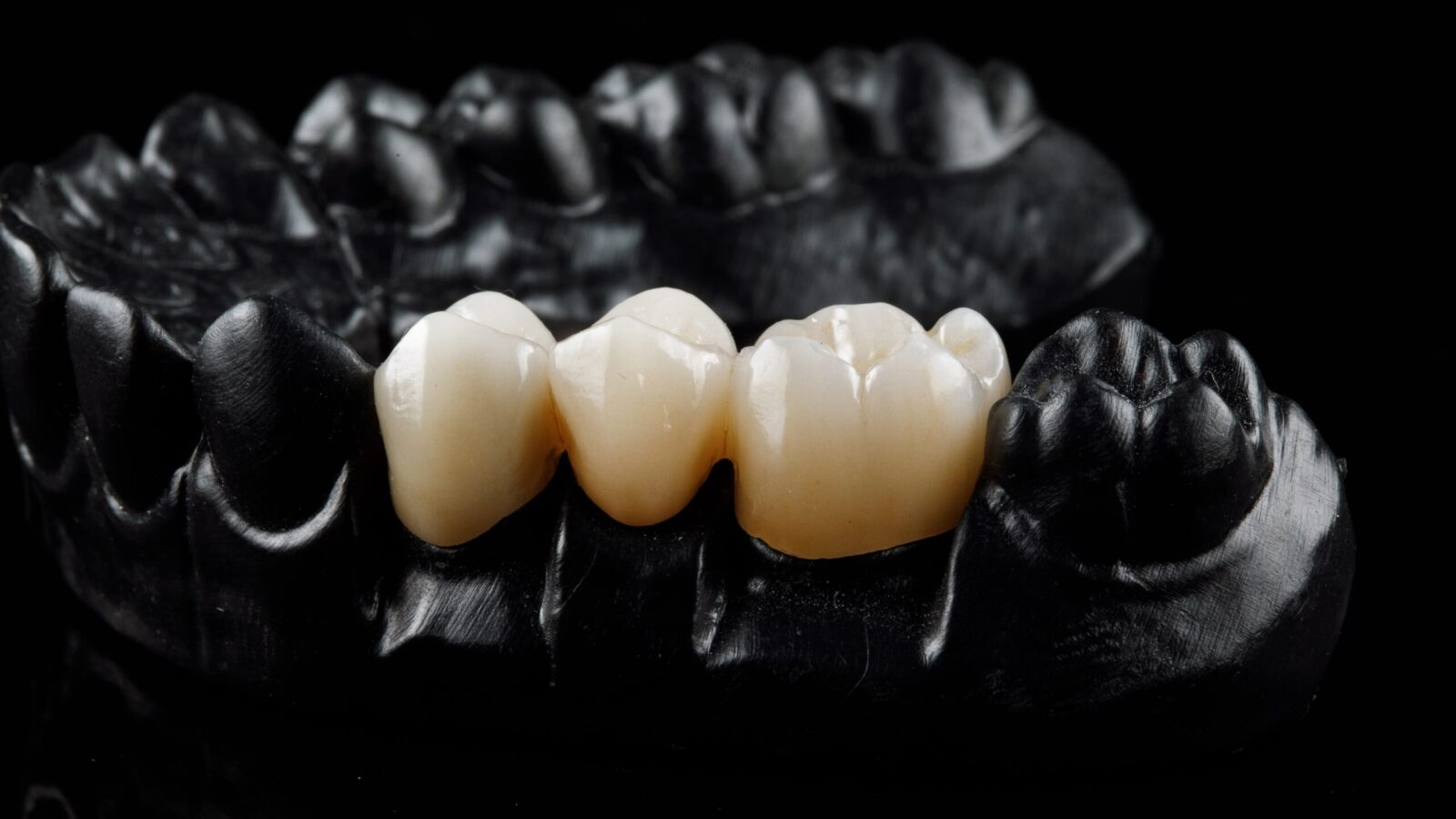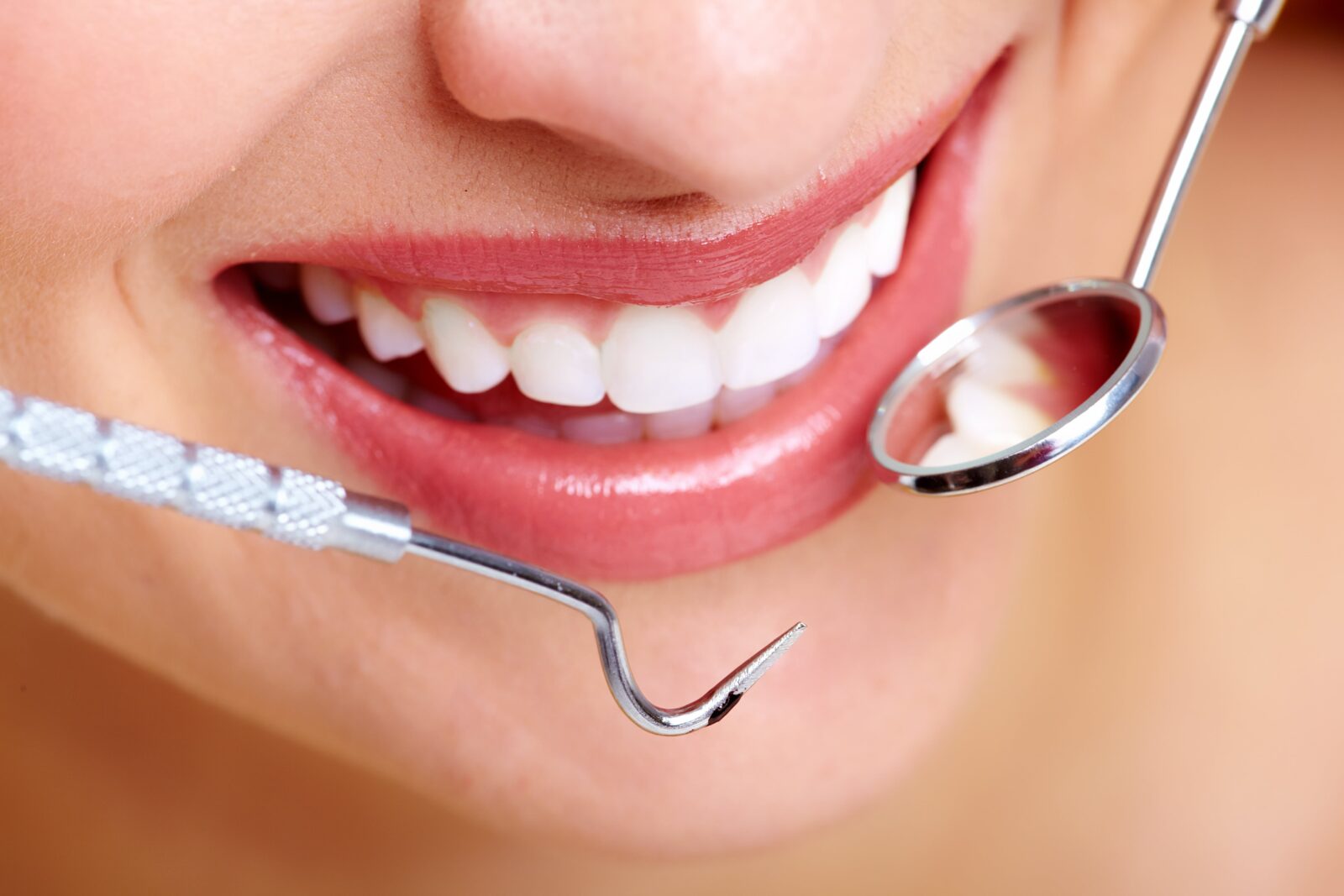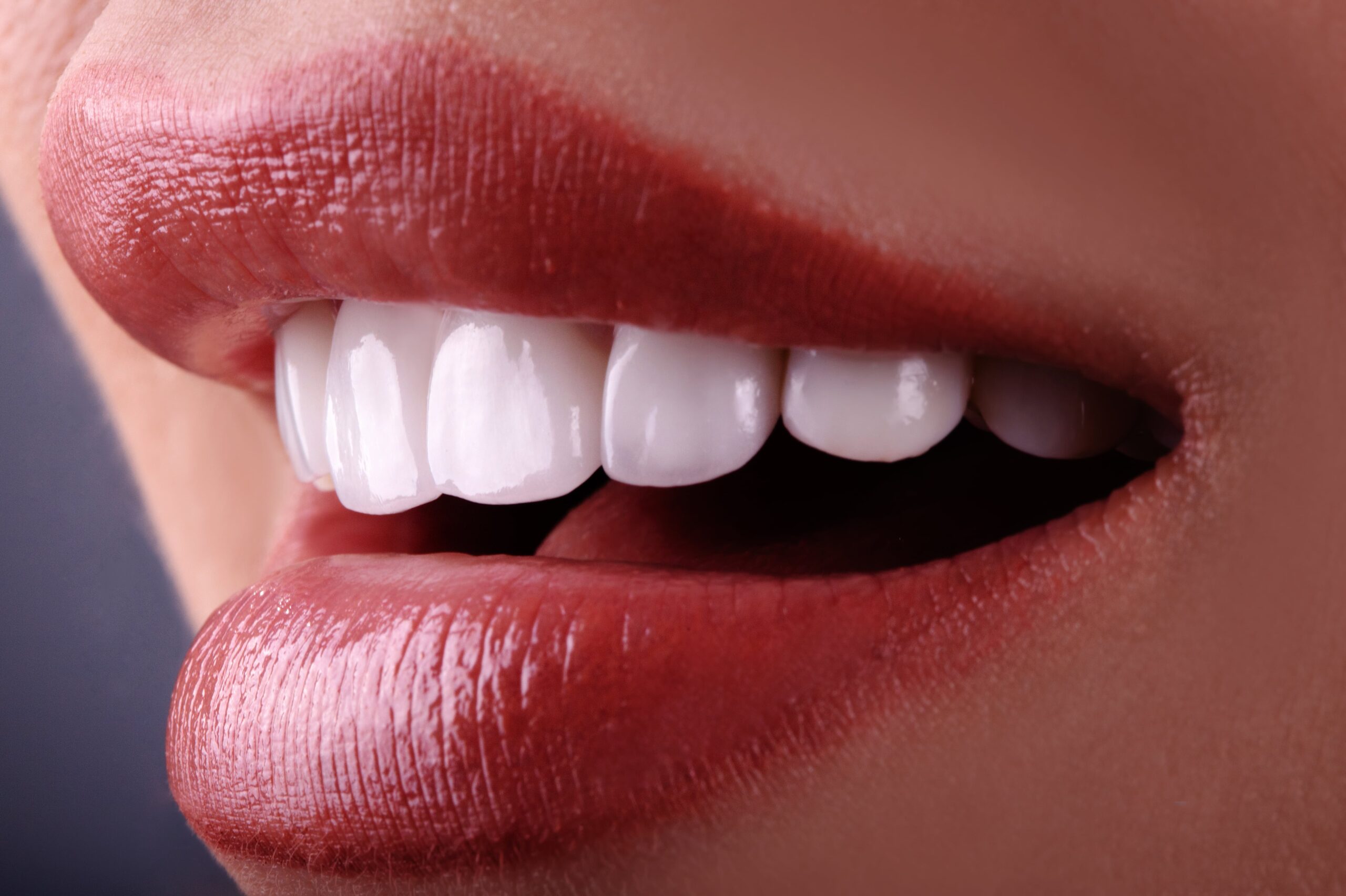A radiant smile can be a game-changer. It boosts confidence, leaves lasting impressions, and plays a pivotal role in our social interactions. With the advancements in cosmetic dentistry, achieving that picture-perfect smile has never been more accessible. From teeth whitening to veneers and dental implants, the options are vast and varied. However, once you’ve taken the leap to enhance your smile, a pertinent question arises: How do you ensure that these cosmetic enhancements stand the test of time? Dive into this blog as we unravel the secrets to prolonging the life of your cosmetic dental treatments, ensuring that your investment not only beautifies your smile but also remains intact for years to come.
How Long Do Cosmetic Dental Treatments Last?
Before getting into how to make your cosmetic enhancements last, it is important to first understand the different types of cosmetic dental treatments and restorations, as well as their average lifespans. Understanding the average lifespan of each treatment can help you make informed decisions and set realistic expectations. Here’s a comprehensive list of popular cosmetic dental treatments and restorations, along with their average lifespans:
Teeth Whitening:
- Description: A procedure that lightens teeth and helps remove stains and discoloration.
- Average Lifespan: 1-3 years, depending on oral hygiene and dietary habits. Regular touch-ups can prolong the results.
Dental Veneers:
- Description: Thin shells, typically made of porcelain, that are bonded to the front of the teeth to improve their appearance.
- Average Lifespan: 10-15 years. With proper care, some veneers can last even longer.
Dental Bonding:
- Description: A tooth-colored resin material is applied to the tooth and hardened with a special light, bonding the material to the tooth to improve its appearance.
- Average Lifespan: 4-8 years, depending on the location of bonding and oral habits.
Dental Crowns:
- Description: Caps placed over a damaged tooth to restore its shape, size, strength, and appearance.
- Average Lifespan: 5-15 years, depending on the material used and oral hygiene practices.

Dental Bridges:
- Description: Prosthetic devices that are used to replace one or more missing teeth by spanning the space and cementing to the natural teeth or implants surrounding the empty space.
- Average Lifespan: 5-15 years, with proper care and regular dental check-ups.
Dental Implants:
- Description: Titanium posts surgically positioned into the jawbone beneath the gums, allowing for the mounting of replacement teeth.
- Average Lifespan: With proper care, dental implants can last a lifetime, with the prosthetic tooth or crown on top lasting 10-15 years.
Dentures:
- Description: Removable replacements for missing teeth and surrounding tissues.
- Average Lifespan: 5-8 years for full dentures. They may need relining or replacement as changes occur in the mouth over time.
Inlays and Onlays:
- Description: Fillings made from gold, porcelain, or composite materials used to fill decayed or damaged teeth.
- Average Lifespan: 10-30 years, depending on the material used and the wear and tear they experience.
While these average lifespans provide a general guideline, the actual longevity of a cosmetic dental treatment or restoration can vary based on individual factors, including oral hygiene practices, dietary habits, and regular dental check-ups.
Prolonging the Life of Cosmetic Dental Treatments
Maintain Rigorous Oral Hygiene:
One of the cornerstones of prolonging the life of cosmetic dental treatments is maintaining rigorous oral hygiene. Brushing your teeth gently twice a day with a soft-bristled toothbrush and fluoride toothpaste helps prevent plaque buildup, which can compromise the appearance and longevity of cosmetic work. Additionally, daily flossing is essential to remove food particles and plaque from between the teeth and along the gumline. To further reduce bacteria and strengthen teeth, consider incorporating an antimicrobial or fluoride mouthwash into your routine.
Regular Dental Check-ups:

Scheduling regular visits to your dentist is paramount for the longevity of cosmetic dental treatments. Ideally, one should have check-ups at least twice a year. These regular cleanings and examinations serve a dual purpose: they ensure that your cosmetic work remains in top condition and detect potential issues early, preventing minor problems from escalating into major concerns.
Avoid Staining Foods and Beverages:
Your dietary choices play a significant role in the lifespan of cosmetic dental treatments. It’s advisable to limit the consumption of staining agents such as coffee, tea, red wine, and dark-colored berries, especially after undergoing teeth whitening treatments or veneer placements. A simple practice like rinsing your mouth with water after consuming these beverages or using a straw can make a notable difference in preserving the brightness of your smile.
Protect Your Teeth:
Engaging in contact sports or activities that pose a risk of injury to your mouth can jeopardize your cosmetic dental work. To mitigate this risk, always wear a mouthguard. Additionally, for individuals who grind their teeth at night, a night guard can be a valuable tool. It not only protects your teeth from wear and tear but also ensures that treatments like veneers or bonding remain intact.
Avoid Hard and Sticky Foods:
Certain foods can be detrimental to cosmetic dental treatments. Hard foods, such as ice, hard candies, or nuts, have the potential to damage or dislodge veneers, crowns, and other restorations. On the other hand, sticky foods can pose a threat to treatments like dental bonding. Being mindful of your food choices and avoiding these problematic items can significantly prolong the life of your cosmetic treatments.
Refrain from Smoking:
Smoking is notorious for its adverse effects on oral health and cosmetic dental treatments. Not only does it stain teeth, but it can also reduce the lifespan of various treatments. For instance, smoking can particularly affect the longevity and success rate of dental implants. For those who’ve invested in cosmetic dental enhancements, refraining from smoking is a wise choice.
Follow Post-Treatment Care Instructions:
After undergoing a cosmetic dental procedure, it’s imperative to strictly adhere to the care instructions provided by your dentist. These guidelines may encompass a range of recommendations, from avoiding certain foods and activities to using specific oral care products. Following these instructions not only ensures the immediate success of the treatment but also its long-term durability.
Use Recommended Products:
Certain cosmetic dental treatments may benefit more from specific dental care products. Whether it’s a particular toothpaste, mouthwash, or any other product, it’s always best to consult with your dentist. Using the recommended products can enhance the longevity and appearance of your cosmetic treatments.
Address Dental Issues Promptly:
If you ever experience discomfort, sensitivity, or any other anomalies after a cosmetic procedure, it’s crucial to seek prompt attention from your dentist. Early intervention can often prevent further complications, ensuring that the cosmetic treatment remains effective and lasts longer. Being proactive and addressing dental issues promptly is a key aspect of prolonging the life of cosmetic dental treatments.
In Conclusion
The journey to a radiant smile through cosmetic dental treatments is both an investment and a commitment. While these treatments offer transformative results, their longevity hinges on diligent aftercare and proactive oral health practices. From daily hygiene routines to mindful lifestyle choices, every action plays a role in preserving the integrity and appearance of cosmetic enhancements. By embracing these practices and partnering with dental professionals for regular check-ups and guidance, individuals can ensure that their smiles remain vibrant and captivating for years to come.




